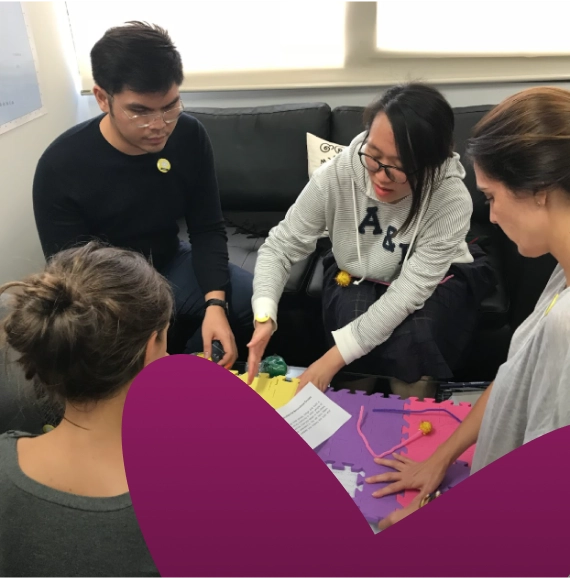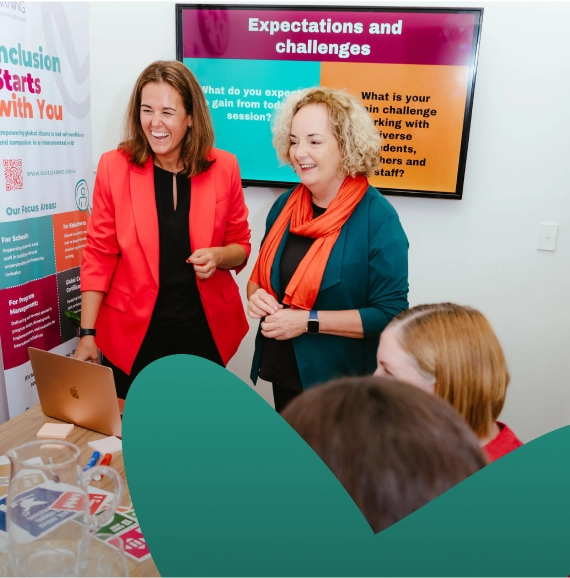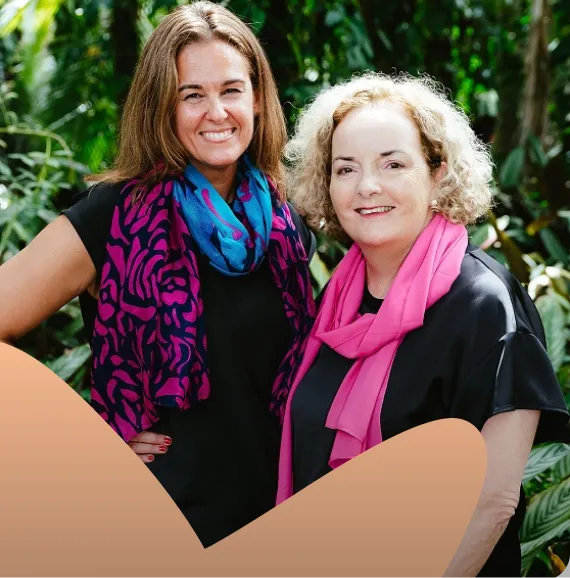Programs
Value Learning offers a range of global competency based programs for individuals, schools, educators and industry. Each of our programs offer Australians incredible opportunities to gain a greater understanding of their cultural values and to build the global skills needed for the world today.
We also manage and facilitate intercultural learning programs for Australia’s federal and state agencies that offer young Australians an opportunity to explore other cultures, develop their skills, grow their networks and opportunities and to become global citizens. Participants gain a greater understanding of their cultural values, share in an exchange of ideas and learning with participants from another culture and further expand their knowledge of the skills needed to make an impact on issues that affect our world.



